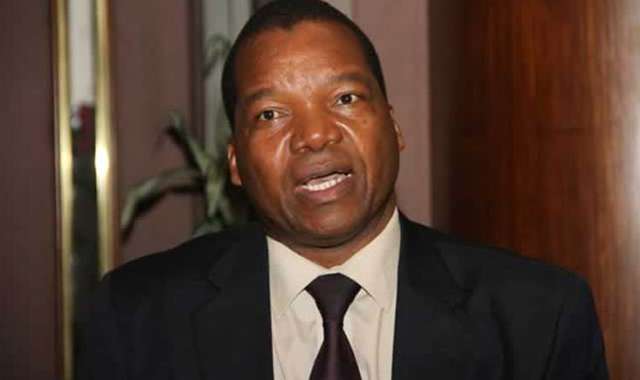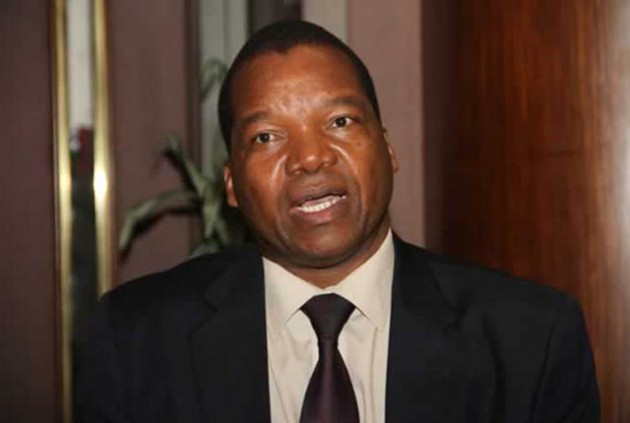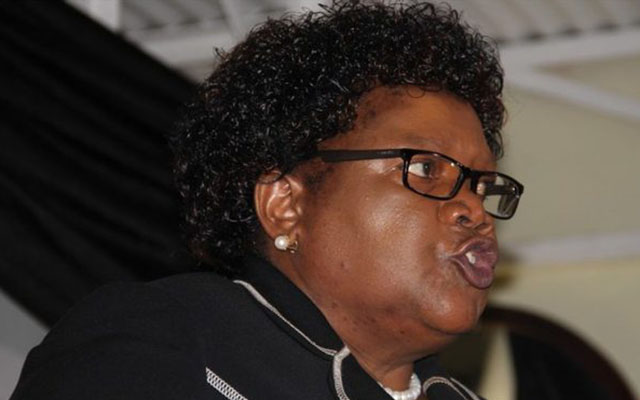RBZ sets up $70m nostro stabilisation facility


Dr Mangudya
Business Reporter
The Reserve Bank of Zimbabwe governor Dr John Mangudya has arranged a nostro stabilisation facility of $70 million, which will be disbursed to banks by the end of this month.
The nostro stabilisation facility is expected to deal with current delays in the processing of outgoing payments for the procurement of productive imports and raw materials.
In his 2017 Monetary Policy Statement, Dr Mangudya said the measure is necessary to replenish foreign exchange in banks’ nostro accounts.
“The measure is necessary to augment the foreign exchange resources in the banks’ nostro accounts while awaiting the opening of the tobacco and cotton selling season.
“While the country has $250 million in the nostro accounts and $120 million in physical cash at banks, the bank, using the model, estimates that there is around $600 million circulating in the economy,” said Dr Mangudya.
He said the reason behind the substantial amount of cash circulating in the economy includes the treatment of foreign currency as a store of value, low business sentiment, high informalisation and financial exclusion.
On foreign cash payments and receipts, Dr Mangudya said total foreign currency cash receipts for 2016 amounted to $5,4 billion compared to $6,2 billion received during the same period in 2015, representing about 13,6 percent decline in liquid foreign currency supply.
He said authorised dealers during 2016 processed foreign payments amounting to $5,12 billion, representing a 29 percent decline from $7,18 billion in 2015.
Dr Mangudya said the decline in foreign payments is attributed to the enhanced management of foreign currency being implemented through the import priority list guideline to authorised dealers.
“In addition, the import containment measures introduced through Statutory Instrument 64 of 2016 also assisted in the reduction of the foreign payments,” said Dr Mangudya.
He added that the RBZ has adopted various measures to curb externalisation and an enhanced compliance framework for market players which has seen import payments significantly reduced.
The RBZ introduced preservation of foreign exchange in nostro accounts by enforcing market and institutional discipline and domesticating the settlement of local card transactions on international card switches.
Dr Mangudya said this measure has been necessitated by the need to ensure that nostro accounts are used for foreign payments and that domestic transactions are settled locally through platforms such as RTGS, ZimSwitch, VISA, Mastercard, local mobile banking and/or cash and bond notes.
He said using nostro accounts to settle domestic transactions put unnecessary pressure on the country’s foreign exchange reserves that should ideally be used for international or offshore payments.
Dr Mangudya said a substantial amount of $206 million for card transactions was paid through nostro accounts between July and December in 2016.










Comments